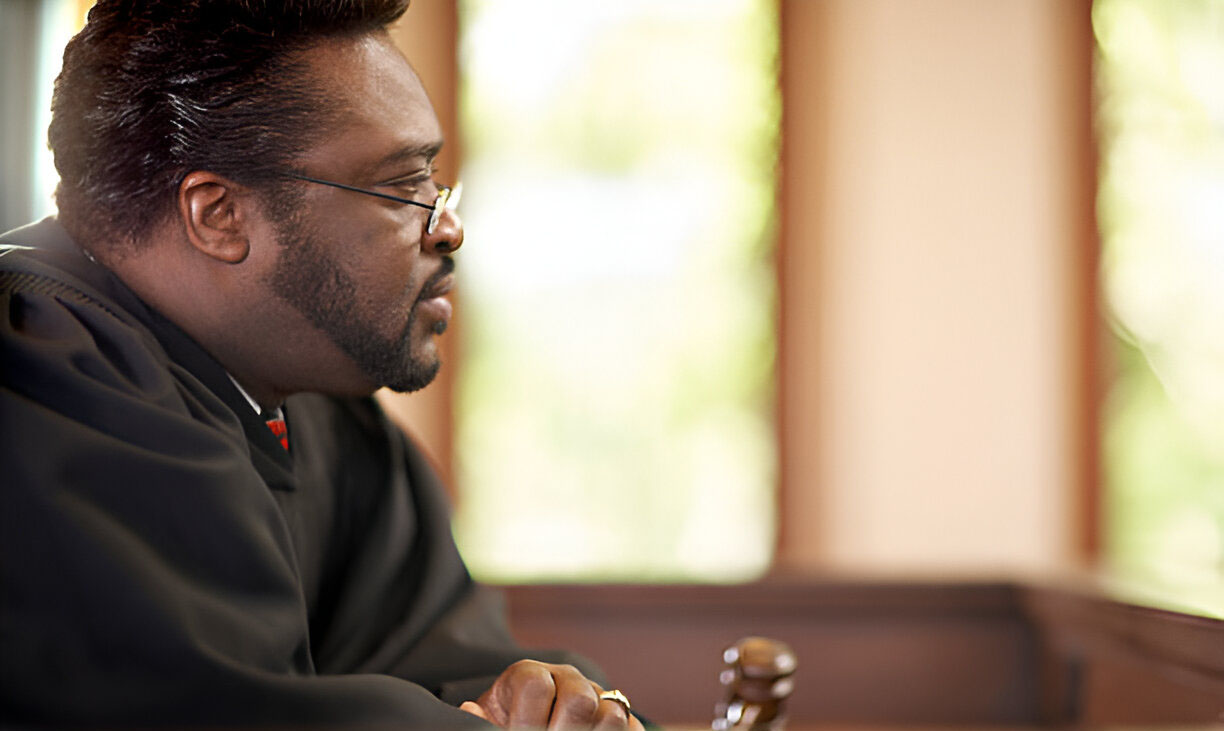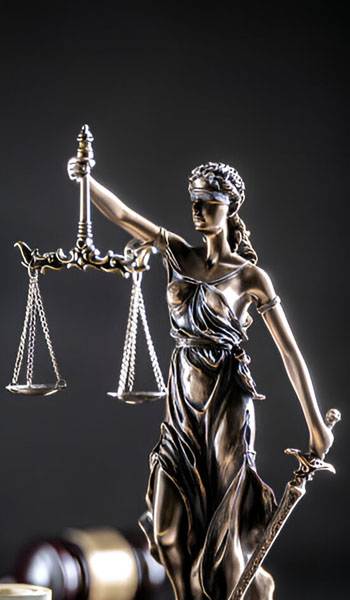Civil Law
Civil law cases address disputes between individuals or organizations, including issues like contract breaches and personal injury claims.
02Criminal law addresses actions that harm or endanger society, regulating crimes such as theft, assault, murder, and fraud. It is designed to maintain public order and safety. In criminal cases, the government acts as the prosecutor, charging individuals with violations of statutory laws. Defendants are presumed innocent until proven guilty, with the right to a fair trial, legal representation, and protection from unreasonable punishment under constitutional safeguards.
The purpose of criminal law is both punitive and deterrent. It imposes penalties like imprisonment, fines, or community service to punish offenders and discourage future crimes. Criminal law also includes procedural rules to ensure fairness in the justice system, ensuring defendants are treated justly. The burden of proof in criminal cases is high, requiring the prosecution to prove the defendant's guilt "beyond a reasonable doubt."



